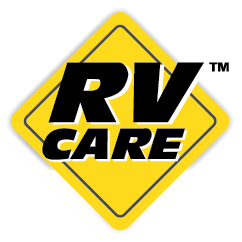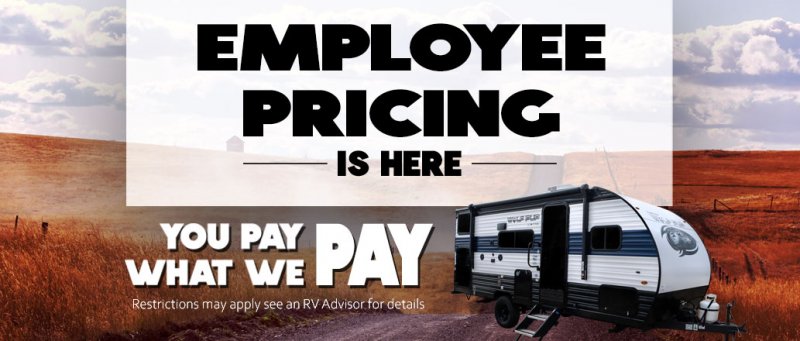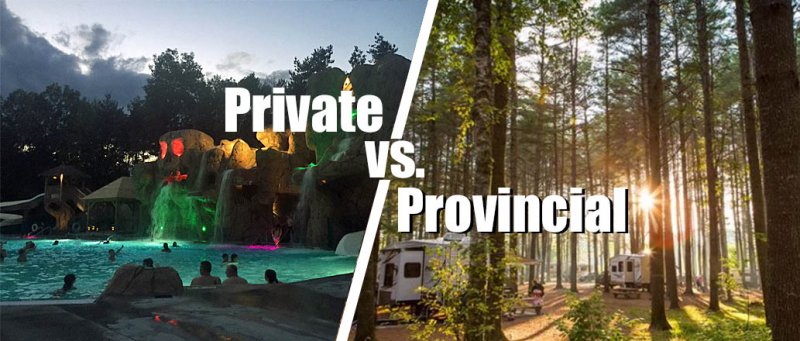
If you're new to the world of camping in an RV, there are some things you should know about how to camp off-grid with solar power. Here are some important things to keep in mind so your next off-grid adventure is a true success!
What is RV Boondocking?
RV Boondocking is a term used to describe the practice of camping in an RV without hookups to water, electricity, or sewer. This type of camping can be done in several different settings, including remote locations, national forests, and even your backyard.There are a few things to keep in mind when boondocking in an RV. First, you'll need to make sure you have enough water and food to last the duration of your stay. Secondly, you'll need to be mindful of your power usage, as you'll likely be relying on generators or solar panels for energy. And finally, you'll want to be prepared for any weather conditions that may arise.
With proper planning and preparation, RV boondocking can be a great way to enjoy the outdoors while still having most of the comforts of home.
Why is Off-the-Grid RV Travel Popular?
Off-the-grid RV travel is popular for several reasons. For some people, it's a way to escape the hustle and bustle of everyday life and enjoy some peace and quiet in nature. For others, it's a way to save money on accommodations by camping in free or inexpensive locations. And for some, it's simply a preference for a more rustic, authentic travel experience. Also with the rise in popularity for RVing, full-service spots can be harder to come by, so if you can go off-grid you will have ultimate freedom.Whatever the reason, there's no doubt that off-the-grid RV travel is on the rise. In fact, a recent study found that 36% of RV owners are interested in boondocking (camping without hookups) more often than they do now.
If you're thinking about giving off-the-grid RV travel a try, there are a few things you should know. First, it's important to have an RV that is self-sufficient in terms of power and water. This means investing in solar panels and/or generators, as well as carrying enough water to last for several days. Second, you'll need to be comfortable with primitive camping conditions. This includes using a campfire for cooking and heat and doing your best to Leave No Trace.
It's important to remember that off-the-grid RV travel is not for everyone. If you're someone who likes your creature comforts or enjoys being connected to the world 24/7, this type of travel may not be for you. But if you're willing to give it a try, you may just find that you love it.
How Do You Prepare for RV Off-Grid Camping?
If you're planning on going camping in your RV, there are a few things you'll need to do to prepare for living off the grid. Here are a few tips:- Invest in good-quality solar panels. This will be your main source of power while camping off-grid, so it's important to make sure you get a good one. Look for something that is durable and can withstand the elements. You should have at least 200 watts of power generation available to run the basics.
- Get a battery backup. This is essential for when the sun isn't shining or if you need to use more power than your solar panel can provide. A battery backup will give you peace of mind knowing that you have a backup power source. Most off-grid customers will double up their battery power, use 6-volt batteries, or look at investing in Lithium options for long-term use.
- Know your power needs. Before you go camping, make sure you know how much power you'll need to support your activities. This will help you determine the size of solar panel and battery backup you'll need. For example, if your RV has a fridge that will run only on electricity, you will need at least 400 watts of solar power to keep up with what the RV fridge will draw out over a given day. You will also need a larger battery backup to store power for those cloudy days.
- Be prepared for bad weather. If you're camping in an area that is prone to bad weather, be sure to have a plan in place for what to do if the power goes out. Have a backup generator on hand or know where you can get one if needed. Inverter generators work best as they are quieter and produce more consistent power.
- Enjoy your time off-grid! Camping off-grid with solar power can be a great experience. Just be sure to be prepared and know your power needs before you go.
Why Solar Power is the Ideal Choice for Off-Grid Camping
When you're camping off the grid, solar power is the ideal choice for powering your electronics. Solar panels are silent, efficient, and easy to set up. And, since they rely on sunlight to generate power, they're perfect for use in remote locations where there's no access to traditional sources of electricity.When using solar panels for off-grid camping, make sure to choose a panel that's large enough to meet your power needs. You’ll need to store your solar panel in a sunny spot during the day so it can charge your batteries. Investing in a quality battery charger will keep your devices powered up even when the sun isn't shining.
With a little planning, solar power can make your off-grid camping experience more enjoyable and convenient. So, ditch the generators and give solar a try on your next adventure!
Why Choose Campkin's RV Centre for Your RV Needs
There are many reasons to choose Campkin's RV Centre for your RV needs. We have a wide selection of RVs to choose from, and our experienced team can help you find the perfect one for your needs. We also offer a wide range of services, from repairs and maintenance to customizations and off-grid upgrades. And we're always happy to answer any questions you have about owning an RV. Most importantly get out here and get camping!!














